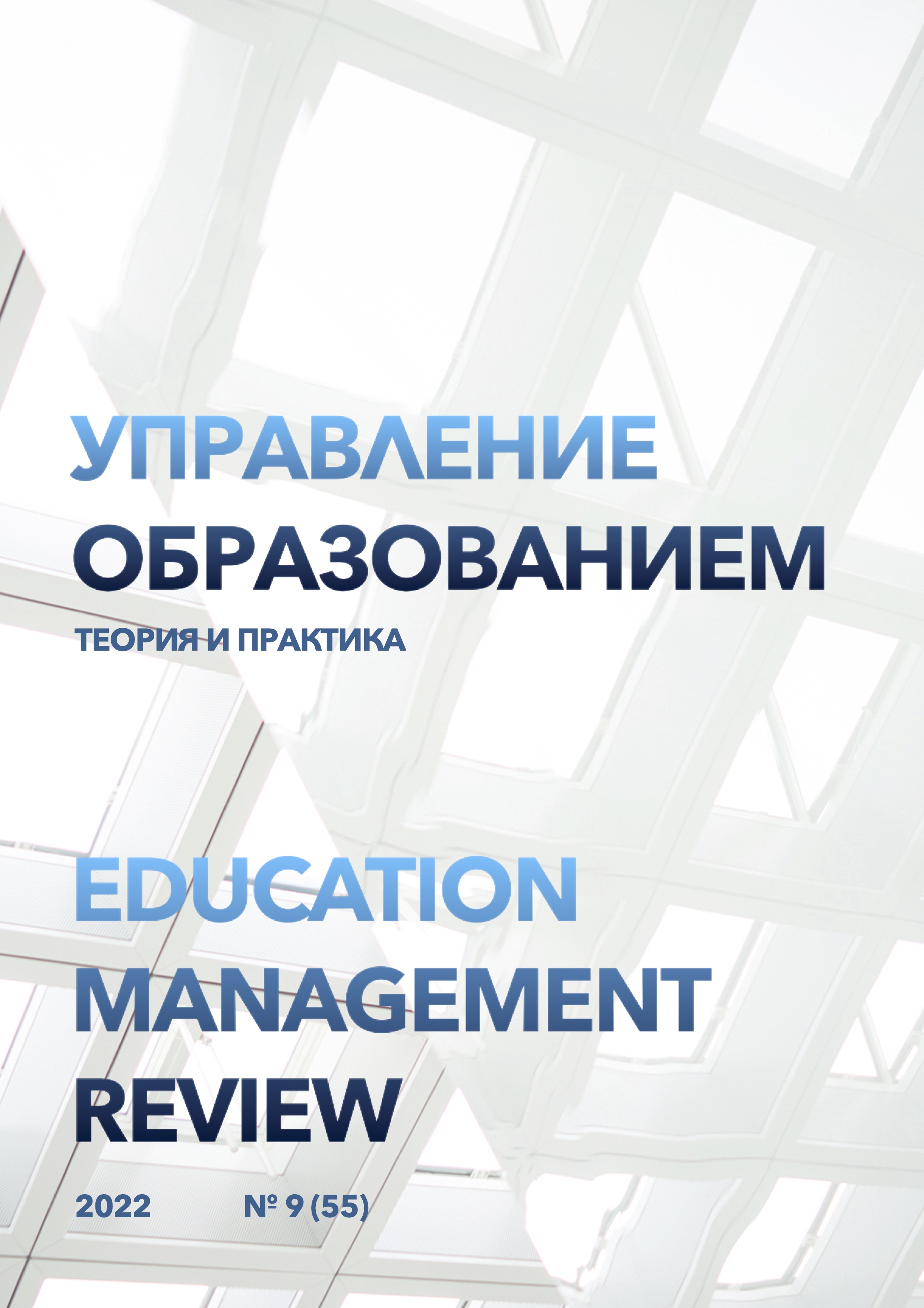The educational space in the information society and the knowledge society" as a factor of the effectiveness of the state
DOI:
https://doi.org/10.25726/e9661-1093-3404-kKeywords:
educational space, ICT, student, knowledge transferAbstract
The modern world is rapidly moving towards the era of the information society and the "knowledge society", in which the possession of information and computer technologies becomes the main competence requirement for each person at a certain stage of his life. The very state of human progress leads to this, when the system of knowledge generation and transfer has changed dramatically over the past few decades, and their volume has grown many times. Now about 5% of theoretical and 20% of professional knowledge is updated annually. It is clear that with such a volume of information that rolls over a person exponentially, the human brain is no longer able to operate without the help of computer technology and information and computer technology (ICT). These and other challenges require a new format of education, new educational strategies that shape a person's ability to be adequate to both the pace of social change and the range of opportunities for their own development. Today, the key position in education is not the fact of knowledge transfer from a teacher to a student, but the formation of such a system of their interaction, in which it is possible both to create new knowledge and to form new technologies for their practical application.
References
Акимова Л.А., Лутовина Е.Е., Пак Л.Г. Обеспечение безопасности в образовательных организациях: теория и практика: учебное пособие. Оренбург: Издательско-полиграфический комплекс «Университет», 2019. 199 с.
Аминов И.Б., Ходжаева Д.Ф. Современные технологии для эффективной организации самостоятельной работы студентов. //Молодой ученый. 2017.
Берсенева Т.П. Синергия: сущностные характеристики и формы проявления / Т.П. Берсенева // Исторические, философские, политические и юридические науки, культурология и искусствоведение. Вопросы теории и практики. 2016. № 2 (64). С. 8-52.
Бузыкова Ю.С., Зуфарова А.С Роль информационно-коммутативных технологий в профессиональном образовании //Современное педагогическое образование. 2020. № 9. С. 84-87.
Быстрова Н.В. Зиновьева С.А., Захарова Н.А. Электронная обучающая среда как средство повышения эффективности самостоятельной работы студентов // Проблемы современного педагогического образования. 2020. № 69-1. С. 108-111.
Варенина Л.П. Геймификация в образовании // Историческое и народное образование. 2019. № 6-2. С. 314-317.
Зуфарова А.С. Возможность развития информационно-образовательной среды вуза // Управление образованием: теория и практика. 2020. № 3 (39). С. 81-88.
Кифа Л.Л. К вопросу о разработке педагогической технологии на основе активизации деятельности обучаемых //Образовательно-инновационные технологии: теория и практика: коллективная монография / под общей ред. проф. О.И. Ки-рикова. Воронеж: ВГПУ, 2009. С. 100-111.
Носов А.А. Педагогическая логистика // Концепт. 2017. № 11. С. 208-214.
Уракова Е.А., Быстрова Н.В., Грашина П.А. Сущность проектного подхода в профессиональном образовании // Проблемы современного педагогического образования. 2020. № 69-4. С. 276-278.
Ходжаева Д.Ф., Омонов А.А., Курбанова Ш.М. Компьютерная графика в образовании. // Наука, техника и образование. № 4 (68), 2020. С. 95-97.




